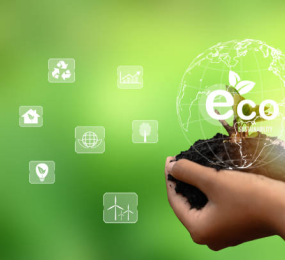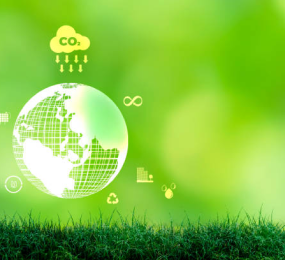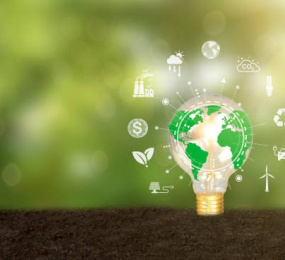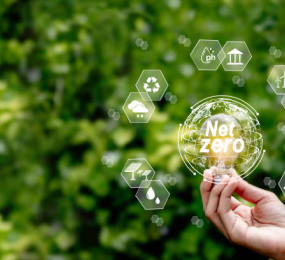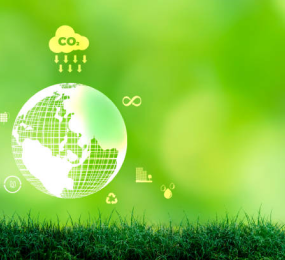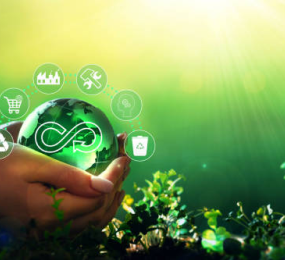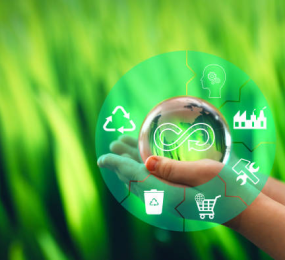Decoding e-Fuels: Exploring Production Processes and Performance Dynamics
e-Fuels, synthesized from renewable energy sources, hold immense promise in decarbonizing the transportation sector. This essay delves into the scientific intricacies of e-Fuels, unraveling their production methodologies and assessing their performance characteristics.
Production Methods:
e-Fuels are produced through advanced processes such as Power-to-Liquid (PtL) and Fischer-Tropsch synthesis, where renewable energy is used to convert carbon dioxide and water into synthetic fuels like e-gasoline and e-diesel. Electrolysis splits water molecules into hydrogen and oxygen, while carbon dioxide is captured from various sources, including industrial emissions or direct air capture.
Performance Attributes:
e-Fuels exhibit properties similar to traditional fossil fuels, offering compatibility with existing infrastructure and combustion engines. However, their performance is influenced by factors such as energy density, combustion efficiency, and emissions profile. Detailed analyses of e-Fuel blends and engine testing provide insights into their suitability for different vehicle types and driving conditions.
Future Prospects:
Understanding the science behind e-Fuels is crucial for optimizing production processes and enhancing performance. Continued research and development efforts aim to improve efficiency, reduce costs, and address environmental concerns, paving the way for widespread adoption and integration into the global energy landscape.
Visit our website to know more: https://www.leadventgrp.com/events/world-e-fuel-summit/details
For more information and group participation, contact us: [email protected]
Leadvent Group - Industry Leading Events for Business Leaders!
www.leadventgrp.com| [email protected]



